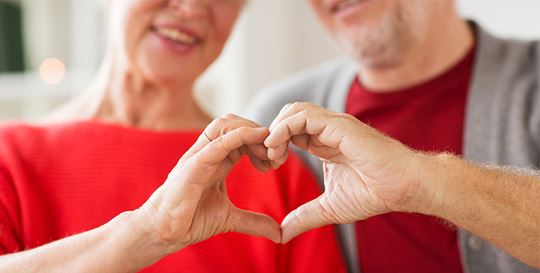On March 8, the world celebrated International Women’s Day recognizing women’s achievements and helping to forge a gender-equal world.1 Yet on this day of recognition, we at Beckman Coulter Diagnostics are keenly aware of how the differences or inequities between women and men impact diagnostic care.
According to the World Heart Federation, cardiac disease is the number one killer of women worldwide and is responsible for 35% of deaths in women each year – more than all cancers combined.1 Women experiencing a myocardial infarction (MI) often present with atypical signs and symptoms such as abdominal pain, dizziness, or nausea compared to the more “traditional” findings such as overt chest pain or shortness of breath. These varied presentations can potentially lead to a missed diagnosis. Studies have shown that chest pain is more frequently misdiagnosed in females compared to males.2
One of the most common tests that helps diagnose myocardial infarction is the measurement of cardiac troponin in the blood. Cardiac troponins are proteins found in the heart muscles and are not normally elevated in the bloodstream. However, when the heart muscle is damaged, such as in a heart attack, cardiac troponin is sent into the bloodstream acting as a critical sign of heart muscle injury.
That said, it is important to note that normal troponin levels differ between men and women, largely due to differences in heart size. Because cardiac troponins are normally present in blood at low levels, establishing sex-specific normal troponin values is only possible with high-sensitivity cardiac troponin assays. This may help refine the different thresholds for the identification of myocardial infarction in women who often present with atypical symptoms. High-sensitivity troponin assays with sex-specific thresholds can especially help to identify more women with myocardial infarction.3,4
During the month of March and all year long, we take time to celebrate women and recognize their unique health and diagnostic needs. To that end, we encourage everyone, especially women, to be aware of and advocate for their heart health.
Here are resources from around the globe:
Cardiovascular diseases | World Health Organization
Women & CVD | World Heart Federation
Go Red for Women | The American Heart Association
Women and Heart Disease | NHLBI, NIH
Cardiovascular Disease in Women | European Society of Cardiology
Heart & Stroke Foundation | South Africa
South Asian Women & Heart Disease | Indian Heart Association
New Zealand Heart Foundation
The Heart Foundation of Australia

 English
English





